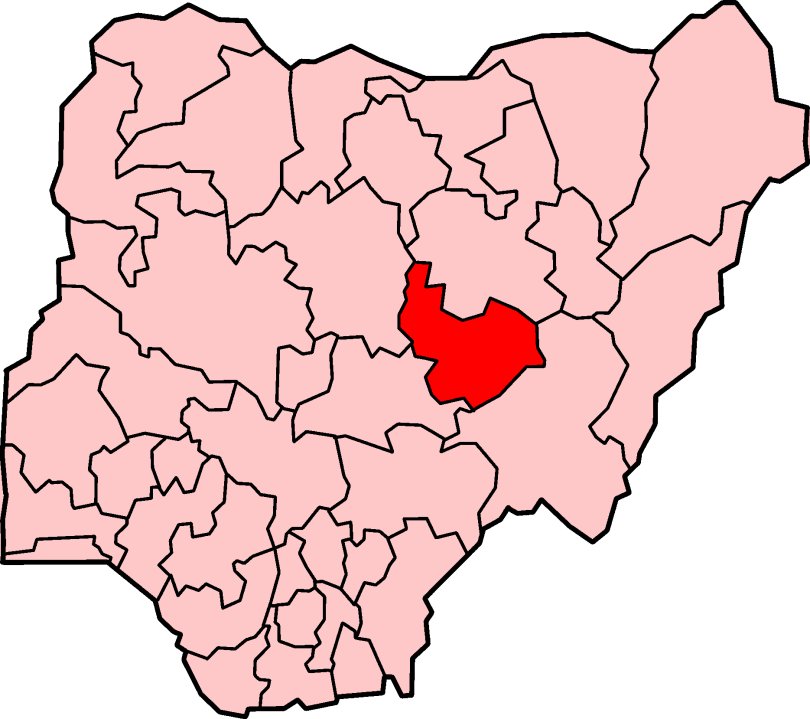It is truly heartbreaking to witness how deeply divided Nigerians have become along ethnic, regional, tribal, and religious lines, especially across social media platforms. What was once a space for connection and idea exchange has increasingly turned into a battlefield of hate, bias, and intolerance. This growing polarization is alarming, and one cannot help but wonder how we got here as a people.
Many of these divisions appear to stem from years of indoctrination, whether from local influences, places of worship, or manipulative political narratives. The result is a generation conditioned to see one another not as compatriots, but as rivals divided by faith, language, and geography.
The current level of disintegration we are witnessing on social media today is far beyond what Nigeria ever experienced in the past. Those of us who grew up in the 1980s and 1990s can recall a time when, despite our differences, we still held a collective sense of pride and love for our country. Patriotism was not just a word, it was a way of life. We respected one another, valued our diversity, and saw our unity as our greatest strength.
Today, however, the story is different. On social media, one can hardly make an honest or factual statement without being attacked, not for the merit of the idea expressed, but for one’s name, religion, or region of origin. Opinions are no longer judged by logic or truth but by tribal and sectarian affiliations. It has become a toxic cycle that weakens our social fabric and distracts us from the real issues that demand our collective attention.
As the late Chukwuemeka Odumegwu Ojukwu rightly observed in his book Because I’m Involved, “The problem of Nigeria as a nation is that we are not united nor diverse; rather, we are in limbo.” That timeless statement perfectly captures the tragic reality of our current situation. Even in moments of external aggression or national tragedy, rather than standing together, some wish harm upon other regions or celebrate the misfortunes of fellow Nigerians. This is not who we are meant to be.
What we need now, more than ever, is unity, genuine unity built on mutual respect, understanding, and love for one another and for our nation. Our diversity should be a source of strength, not a weapon of division.
Finally, the government must take deliberate steps toward true governance, not empty rhetoric. Much of the disunity we see today is rooted in ignorance, poverty, and the failure of leadership. When citizens are educated, empowered, and provided with basic social amenities, they become less susceptible to manipulation by divisive elements.
Let us therefore prioritize education, equity, and justice. Let the government lead with honour, transparency, and empathy. A united Nigeria is still possible if we all commit to rebuilding trust, healing wounds, and placing love for the country above all else.

